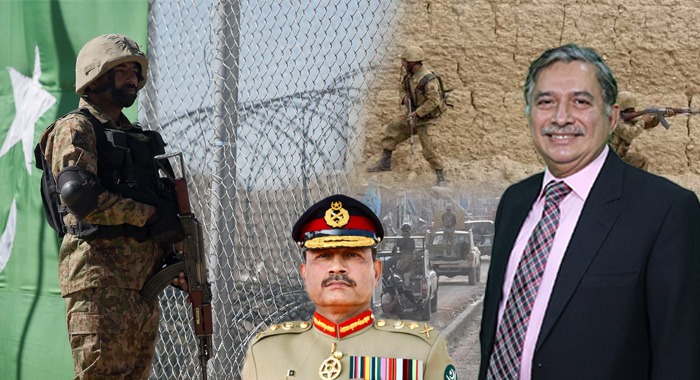Syed Akhtar Ali Shah
The recent successful operations in Hangu and Malakand districts mark a significant moment in Khyber Pakhtunkhwa’s ongoing battle against terrorism. The arrest of Mufti Zahir, a senior commander of the Tehreek-e-Taliban Pakistan (TTP), is not merely a tactical victory it symbolizes a critical shift in the state’s security posture. It affirms that Pakistan’s security forces, particularly the police, are transitioning from a reactive to a proactive mode, guided by timely intelligence and strategic coordination.
These operations have not come without cost. Brave officers have been injured in the line of duty, underscoring the high stakes and deep commitment of our law enforcement agencies. However, the nature of these operations intelligence-based, surgical, and targeted offers the most effective model for countering the entrenched terrorist networks that continue to pose a threat to peace in the region.
Mufti Zahir’s arrest is not an isolated event. It is expected to generate critical leads on the TTP’s operational cells, financing channels, recruitment methods, and cross-border connections. His interrogation may unravel deeper links that have thus far remained concealed. This will allow security agencies to map out the network more comprehensively and strike with precision in future operations. The impact of such an arrest on the morale of terrorist operatives cannot be underestimated. It disrupts their command structure and spreads a psychological wave of deterrence.
However, the success of internal operations cannot be detached from the regional dynamics particularly the situation across the border in Afghanistan. The TTP leadership continues to find refuge and operational space within Afghan territory. The group is recruiting, financing, training, and planning its attacks from across the Durand Line. Therefore, unless there is reciprocal action from the Afghan side, especially under the Taliban regime, Pakistan’s counterterrorism efforts will remain only partially effective.
In this context, the recent meeting between Pakistan’s Interior Minister Mohsin Naqvi and Afghanistan’s Interior Minister holds substantial importance. Such engagements, if followed by concrete cooperation, can pave the way for improved intelligence sharing, border control mechanisms, and mutual action against shared threats. After all, terrorism is not confined by borders it is a regional menace that requires a regional response.
Pakistan has, in the past, engaged in trilateral dialogues with China and Afghanistan. In one such meeting held in China, Afghanistan assured that its soil would not be used against any neighbor. However, the subsequent issuance of a hostile fatwa by Taliban supreme leader Maulana Haibatullah targeting Pakistan raised serious concerns. These contradictions only strengthen the argument that assurances must translate into action. Our region’s peace depends on it.
There is also a critical economic dimension to peace. With regional trade touching $1 billion, any disruption caused by militancy threatens not only national security but also economic progress. Stability in Khyber Pakhtunkhwa, which serves as a gateway to regional connectivity, is essential for boosting commerce, attracting investment, and enabling development.
From a governance perspective, the question arises: is the provincial government prioritizing security amid electoral and political distractions? The answer lies in the facts. Despite Senate elections and political realignments, the government has maintained focus on its core responsibility public safety. The successful conduct of Senate polls with consensus among opposing parties, and the smooth administrative processes that followed, demonstrate political maturity.
More importantly, the KP government has backed law enforcement efforts unequivocally. The recent operations, including the one in Hangu led by the police, reflect this resolve. The Inspector General of Police has publicly committed to continuing these operations with renewed determination, vowing to pursue and eliminate the remaining terrorist elements.
Coordination among institutions be it the provincial police, army, federal constabulary, or civil armed forces has improved. The government’s decision to convene an All Parties Conference on security matters is further evidence that the political leadership recognizes the scale of the challenge and the need for unity.
At this critical juncture, blame games are counterproductive. All stakeholders civil, military, political must act with cohesion and clarity. We are all in the same boat. The enemy thrives on our divisions, and only collective action can dismantle the networks that seek to destabilize our province and country.
The road ahead is complex. But with a proactive approach, strategic foresight, and regional cooperation, we can dismantle the infrastructure of terrorism and usher in a new era of peace and development in Khyber Pakhtunkhwa.





